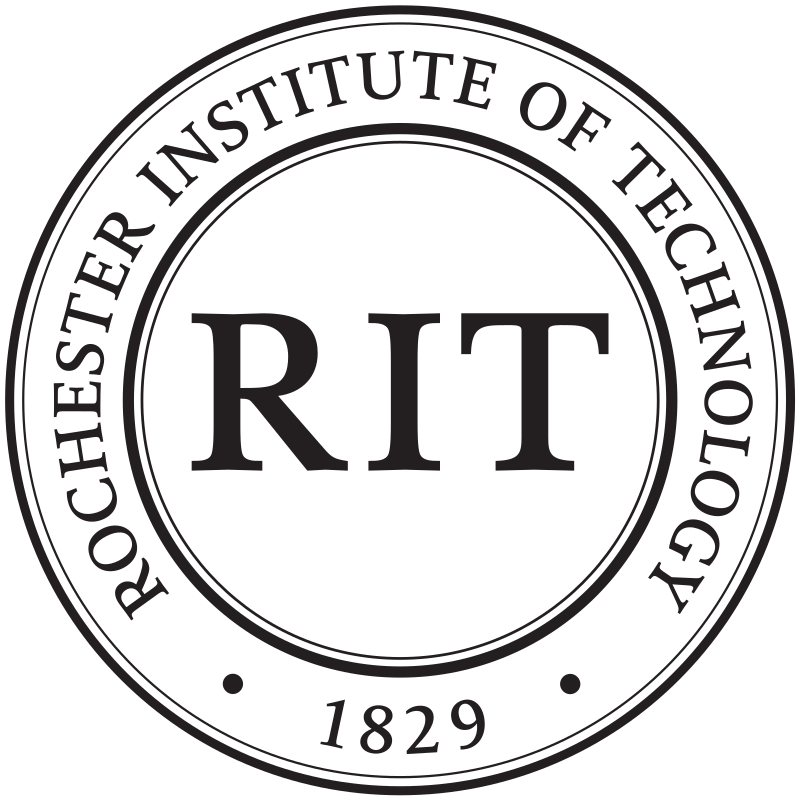
Foreign Education Consultants
Typically replies within minutes
Foreign Education Consultants
Hi There,
How can I help you?

Foreign Education Consultants
Typically replies within minutes
Foreign Education Consultants
Hi There,
How can I help you?
Get university recommendations.
Create SOP for free
Direct university communication
Track your application
Online payments
Don't have an account?
Get university recommendations.
Create SOP for free
Direct university communication
Track your application
Online payments
Already have an account?
Get university recommendations.
Create SOP for free
Direct university communication
Track your application
Online payments
Got your password?

Application Fee
The mechanical engineering masters produces graduates who are leaders in their respective fields who are ready to tackle high-level problems as practicing professionals. Designed for students who desire advanced training in specific areas of mechanical engineering, the master of science acts as a prelude to a career in either research or industry. Students can choose to focus on a variety of disciplines including dynamics, robotics, nanotechnology, biomechanics, energy systems, or more.
The mechanical engineering MS prepare students to:
Mechancial Engineering Courses
The program includes core courses, focus area courses, elective courses, and a thesis. All full-time and full-time equivalent students are required to attend the weekly graduate seminar each semester they are on campus.
Focus Area Courses: Students develop a focus area of study in mechanical engineering related to their technical and professional development interests and goals. Examples of focus areas include automotive systems, business, controls, manufacturing, mechanics-design/materials, product development, sustainability, thermo/fluids engineering, and vibrations engineering.
Independent Study: Students may earn a limited number of credit hours through independent study with guidance from a member of the graduate faculty. Areas for independent study include selected topics in applied mathematics, analytical mechanics, nonlinear mechanics, fracture mechanics, heat transfer, fluid mechanics, thermodynamics, control systems, optimal control, thermal stresses, composite materials, and biomechanics.
Thesis: Prior to completing course work in the mechanical engineering MS degree, students prepare and present a formal thesis proposal to their faculty advisor. An acceptable proposal (which includes a statement of work, extensive literature search, and proposed timeline), signed by the student and approved by their faculty advisor and department head, is required prior to registering for thesis credits. Students form a graduate thesis committee in coordination with their advisor and present their proposal to their committee for review and approval during the first semester in which they have registered for thesis credit. Students are required to deliver a successful written and oral presentation of their thesis.
Mechanical Engineering, MS degree, typical course sequence
Course Sem. Cr. Hrs.
First Year
MECE-707 Engineering Analysis 3
MECE-709 Advanced Engineering Mathematics 3
MECE-795 Graduate Seminar 0
Graduate Focus Courses I, II
6
Graduate Electives I, II
6
Second Year
MECE-790 Thesis 6
MECE-795 Graduate Seminar 0
Graduate Focus Course III
3
Graduate Elective III
3
Total Semester Credit Hours
30
* Three semesters of Graduate Seminar (MECE-795) are required for all full-time and full-time equivalent students.
Focus areas
Course Sem. Cr. Hrs.
Automotive systems
Choose three of the following:
ISEE-740 Design for Manufacture and Assembly 3
MECE-623 Powertrain Systems and Design 3
MECE-624 Vehicle Dynamics 3
MECE-643 Classical Controls 3
MECE-650 Sustainable Energy Use in Transportation 3
MECE-658 Introduction to Engineering Vibrations 3
MECE-670 Manufacturing Processes and Engineering 3
MECE-689 Grad. Lower Level Special Topic #4: Computational Gear Design 3
MECE-739 Alternative Fuels and Energy Efficiency 3
MECE-752 Tribology Fundamentals 3
MECE-756 Boiling and Condensation 3
Business
ACCT-603 Accounting for Decision Makers 3
MGMT-740 Leading Teams in Organizations 3
Choose one of the following:
ACCT-706 Cost Management 3
HRDE-742 Leading Change 3
INTB-730 Cross-Cultural Management 3
MGMT-735 Management of Innovation 3
Controls
MECE-643 Classical Controls 3
Choose two of the following:
EEEE-661 Modern Control Theory 3
EEEE-733 Robust Control 3
EEEE-765 Optimal Control 3
MECE-606 Systems Modeling 3
MECE-743 Digital Controls 3
MECE-744 Nonlinear Controls 3
Manufacturing
Choose three of the following
ISEE-626 Contemporary Production Systems 3
ISEE-682 Lean Six Sigma Fundamentals 3
ISEE-720 Production Control 3
ISEE-740 Design for Manufacture and Assembly 3
ISEE-741 3D Printing 3
ISEE-745 Manufacturing Systems 3
MECE-643 Classical Controls 3
MECE-670 Manufacturing Processes and Engineering 3
MECE-689 Grad. Lower Level Special Topic #4: Computational Gear Design 3
Mechanics-Design/Materials
Choose three of the following:
MECE-605 Finite Elements 3
MECE-620 Introduction to Optimal Design 3
MECE-623 Powertrain Systems and Design 3
MECE-644 Introduction to Composite Materials 3
MECE-657 Applied Biomaterials 3
MECE-670 Manufacturing Processes and Engineering 3
MECE-689 Grad. Lower Level Special Topic #4: Computational Gear Design 3
MECE-751 Convective Phenomena
MECE-752 Tribology Fundamentals 3
MECE-785 Mechanics of Solids 3
Product development
Choose three of the following:
PROF-710 Project Management* 3
DECS-744 Project Management* 3
ISEE-750 Systems and Project Management*
ISEE-741 3D Printing 3
ISEE-751 Decision and Risk Benefit Analysis 3
ISEE-771 Engineering of Systems I 3
ISEE-772 Engineering of Systems II 3
Sustainability
Choose three of the following:
ISEE-785 Fundamentals of Sustainable Engineering 3
ISEE-786 Lifecycle Assessment 3
ISEE-787 Design for the Environment 3
MECE-629 Renewable Energy Systems 3
MECE-650 Sustainable Energy Use in Transportation 3
MECE-739 Alternative Fuels and Energy Efficiency 3
Thermo/Fluids Engineering
Choose three of the following:
MCSE-610 Applied Biofluid Mechanics and Microcirculation 3
MECE-725 Fundamentals of Computational Fluid Dynamics 3
MECE-731 Computational Fluid Dynamics 3
MECE-738 Ideal Flows 3
MECE-751 Convective Phenomena 3
MECE-755 Microfluidics 3
MECE-756 Boiling and Condensation 3
Vibrations Engineering
MECE-658 Introduction to Engineering Vibrations 3
MECE-758 Intermediate Engineering Vibrations 3
Choose one of the following:
EEEE-602 Random Signals and Noise 3
EEEE-678 Digital Signal Processing 3
MECE-606 System Modeling 3
Admission Requirements
To be considered for admission to the MS program in mechanical engineering, candidates must fulfill the following requirements:
Tuition fee-2 years1,06,000
Total fee-2 years1,44,000



